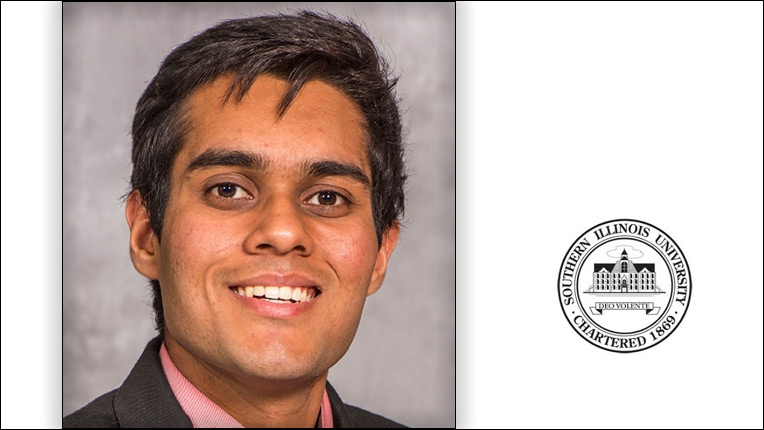SRC Grand Finalists 2018
GRADUATE CATEGORY
First Place:
Meng Li - University of Texas, Austin
ICCAD 2017
Title of Submission: A Synergistic Framework for Hardware IP Privacy and Integrity Protection
Second Place:
Jon Gjengset - MIT
SOSP 2017
Title of Submission:Xylem: dynamic, partially-stateful data-flow for high-performance Web applications
Third Place:
Daniel George - University of Illinois
SC 2017
Title of Submission:Deep Learning for Time-series Signal Processing for Real-time Gravitational Wave Detection and Parameter Estimation: Results with Real LIGO Data
UNDERGRADUATE CATEGORY
First Place:
Tiancheng Sun - UC San Diego
GRAPH 2017
Title of Submission:Attribute-preserving gamut mapping of measured BRDF
Second Place:
Patrick Thier - Institut fur Computersprachen Technische Universitat Wien
CGO 2018
Title of Submission:Fast and Flexible Instruction Selection with Constraints
Third Place:
Ayush Kohli - Southern Illinois University Carbondale
FSE 2017
Title of Submission:DecisionDroid: A Supervised Learning-Based System to Identify Cloned Android Applications
ACM Student Research Competition
The ACM Student Research Competition is an internationally recognized venue enabling undergraduate and graduate students to experience the research world, share research results and exchange ideas, rub shoulders with academic and industry luminaries, understand the practical applications of their research and gain recognition.
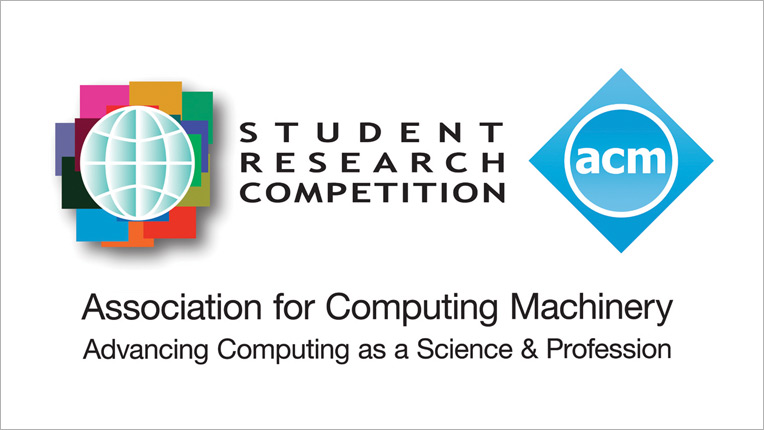
Graduate Category: First Place
Meng Li, University of Texas, Austin
"A Synergistic Framework for Hardware IP Privacy and Integrity Protection" (ICCAD 2017)
As the technology node scales down to 45nm and beyond, the significant increase in design complexity and cost propels the globalization of the $400-billion semiconductor industry. However, such globalization comes at a cost. Although it has helped to reduce the overall cost by the worldwide distribution of integrated circuit (IC) design, fabrication, and deployment, it also introduces ever-increasing intellectual property (IP) privacy and integrity infringement...... [Read more]
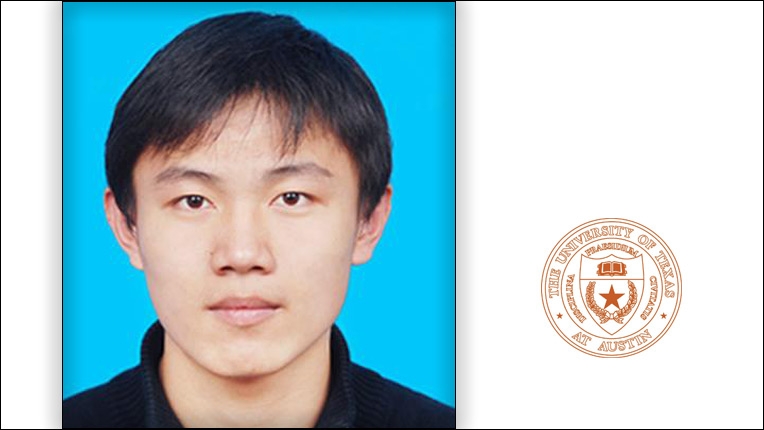
Graduate Category: Second Place
Jon Gjengset, MIT
"Xylem: dynamic, partially-stateful data-flow for high-performance Web applications" (SOSP 2017)
Xylem is a new storage backend for read-heavy web applications based on dynamic, partially-stateful dataflow. Xylem provides a web application with significantly improved read performance for commonly-executed queries by pre-computing their results and incrementally maintaining them as writes arrive. The application supplies a relational schema and SQL query definitions, which Xylem compiles into a streaming data-flow. Application writes stream through the data-flow to update stateful caches of the queries’ results, which serve reads efficiently.s.... [Read more]
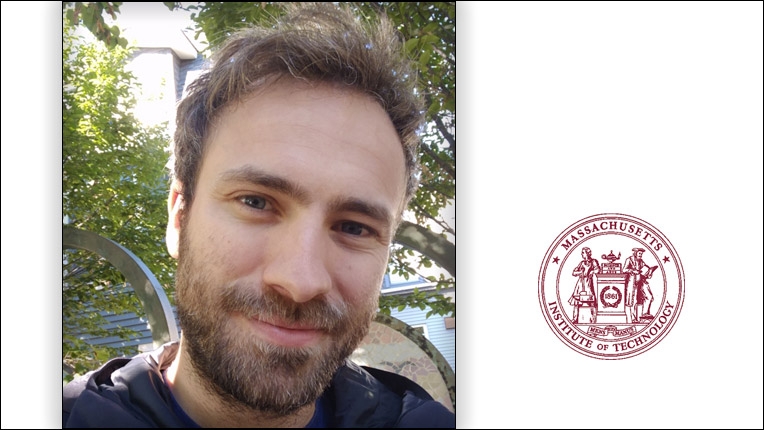
Graduate Category: Third Place
Daniel George, Univ. of Illinois
"Deep Learning for Time-series Signal Processing for Real-time Gravitational Wave Detection and Parameter Estimation: Results with Real LIGO Data" (SC 2017)
The recent Nobel-prize-winning detections of gravitational waves from merging black holes and the subsequent detection of the collision of two neutron stars in coincidence with electromagnetic observations have inaugurated a new era of multimessenger astrophysics. To enhance this emergent science, we propose the use of deep learning with a system of 1D convolutional neural networks, that take time-series inputs, for classification and regression with a novel curriculum learning scheme and transfer learning technique. We demonstrate how this method can be applied for rapid detection and parameter estimation of gravitational waves from binary black hole mergers using continuous data streams from multiple LIGO detectors.... [Read more]
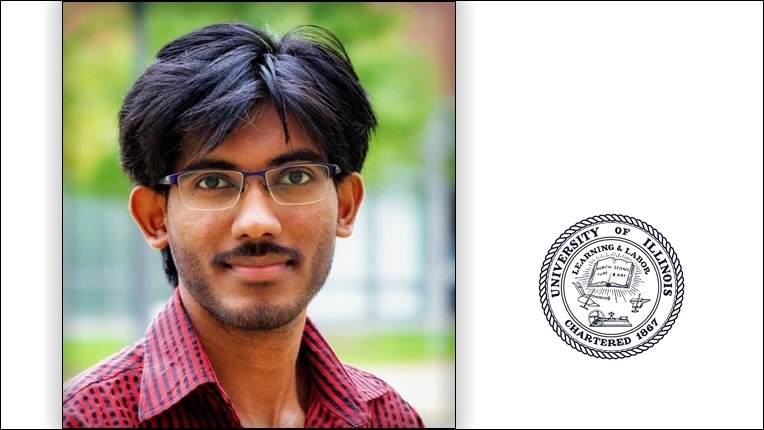
Undergraduate Category: First Place
Tiancheng Sun, University of California
"Attribute-preserving gamut mapping of measured BRDFs" (SIGGRAPH 2017)
Reproducing the appearance of real-world materials using current printing
technology is problematic. The reduced number of inks available define the
printer’s limited gamut, creating distortions in the printed appearance that
are hard to control. Gamut mapping refers to the process of bringing an outof-
gamut material appearance into the printer’s gamut, while minimizing
such distortions as much as possible... [Read more]
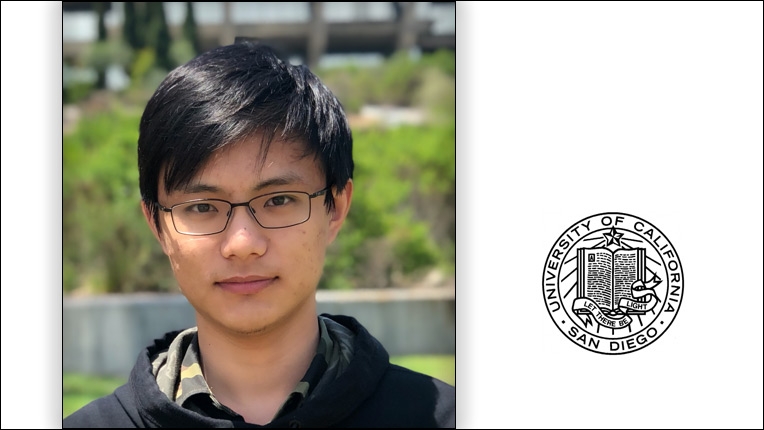
Undergraduate Category: Second Place
Patrick Thier, Institut fur Computersprachen Technische Universitat Wien
"Fast and Flexible Instruction Selection with Constraints" (CGO 2018)
Instruction selection is an important component of code generation and a variety of techniques have been proposed in the past, ranging from simple macro expansion that selects target instructions based on a single node of the intermediate representation (IR) to global instruction selection methods on the whole IR graph. Simpler methods tend to be faster, but produce slower code.... [Read more]
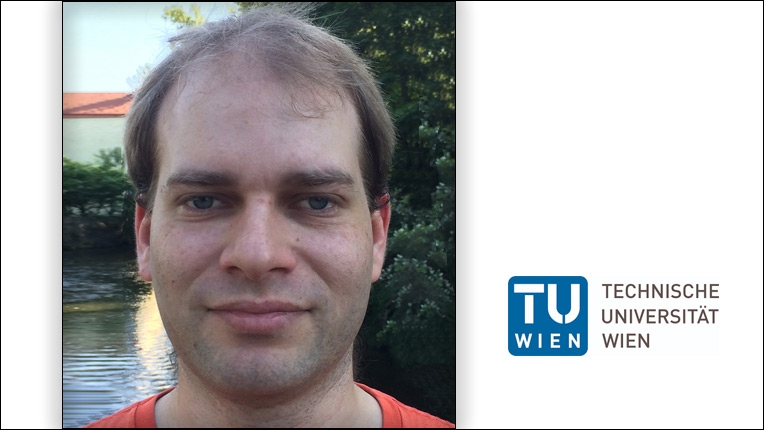
Undergraduate Category: Third Place
Ayush Kohli, Southern Illinois University Carbondale
"A Supervised Learning-Based System to Identiy Cloned Android Applications" (ESEC/FSE 2017)
This paper presents the design and evaluation of Decision- Droid, a supervised learning based system to identify cloned
Android app pairs. DecisionDroid combines a set of 13 different features and is highly resilient. We trained DecisionDroid
using a manually verified diverse dataset of 18,562 app pairs. On a hundred ten-fold cross validations, it achieved 96.8% precision, 97.2% recall, and 98.3% accuracy..... [Read more]
